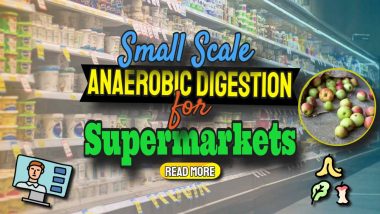The extent to which we learn how to reduce methane emissions will make or break mankind's success or failure over the next 10 years of the climate fight. Reducing methane discharges will be at the forefront in the quest for a new era of Waste Management because that discipline is the one that holds the key to effective action.
The reason for that is that getting methane discharges down quickly is the one technique that can more rapidly than any others show real reductions in global warming. That's due to its very high potency for heating as a greenhouse gas. Methane is about 80 times more damaging than carbon dioxide. And its half-life before it decays in the atmosphere is a lot shorter than carbon dioxide. (In fact, methane is only exceeded in its damaging effect by refrigerant CFCs which have been banned.)
Now continue to read on, and watch the video recording of the COP26 methane debate in the WBA Press Release below:

WBA Press Release – Monday 22 November 2021
“It is critical that we usher in a new era of waste management to reduce methane emissions” – global biogas trade body tells COP26 delegates
- The World Biogas Association calls for a change to waste management practice at the COP26 Blue Zone event hosted in partnership with the Kenya Climate Change Working Group
- Only 2% of the 105bn tonnes of organic wastes generated annually by human activity is currently treated through anaerobic digestion (AD) and transformed into valuable bioresources such as biogas, biofertilisers and bioCO2 to decarbonise carbon-intensive sectors such as heat, transport and agriculture.
- Fully deployed, AD could deliver 50% of the Global Methane Pledge now joined by over 100 countries
- The debate raised the issue of financing the solutions to climate change, including the deployment of AD to its full climate change mitigation potential
- Full event recording now available
The World Biogas Association (WBA) reiterated its key message to a full house of COP26 delegates at a session held in partnership with the Kenya Climate Change Working Group. The session took place in the exclusive Blue Zone of the global climate event in Glasgow earlier this month.
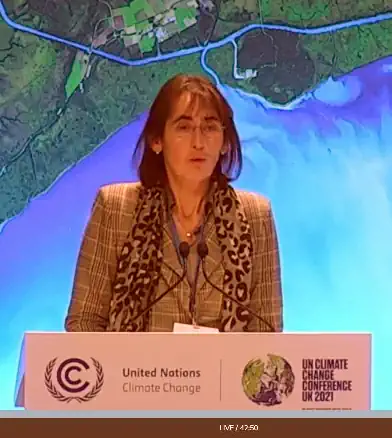
Charlotte Morton (pictured), WBA Chief Executive, said in her speech: ”
Organic wastes from food production, food waste itself, farming, landfill and wastewater treatment are responsible for about 25% of global methane emissions caused by human activity.
However, today only 2% of these are treated and recycled [through anaerobic digestion], which means that 98% are [still] emitting methane (see Fig 1).
It is therefore critical that we usher in a new era of waste management. We haven’t changed how we treat our waste for millennia. We either burn or bury it. That must change”.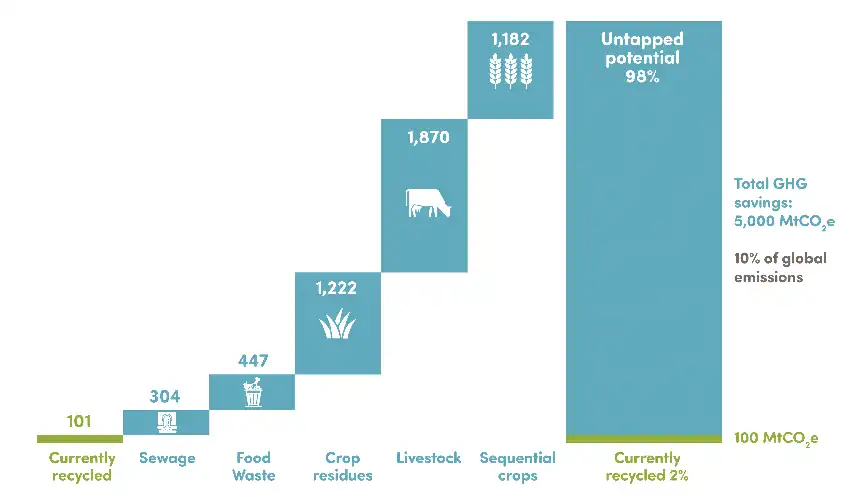
Fig.1
Earlier in the meeting, Dr Johan C.I. Kuylenstierna, Research Leader at the Stockholm Environment Institute, had explained how “reducing methane is the single most important thing we can do to protect ourselves from climate change in the near term. Methane is responsible for about 30% of warming and has a life of about 12 years in the atmosphere“. Over that lifetime, methane (CH4) is 86 times more harmful than CO2, – which is why over 100 countries have now signed up to the Global Methane Pledge committing them to reduce their emissions by 30% from 2020 levels by 2030.
By treating organic wastes, anaerobic digestion (AD) captures the CH4 they emit whilst transforming them into biogas, biofertilisers and other valuable bio-products that help decarbonise carbon-intensive industries such as heat, transport and agriculture. Global human activity generates 105bn tonnes of organic wastes annually – of which, as highlighted by Charlotte Morton, only 2% is being recycled through AD. “AD could deliver around 50% of the Global Methane Pledge targets and offers a circular solution that acts as a catalyst for circular economies across multiple sectors. (see Fig. 2).
“When waste becomes a resource, you start to see very little waste“, she pointed out.
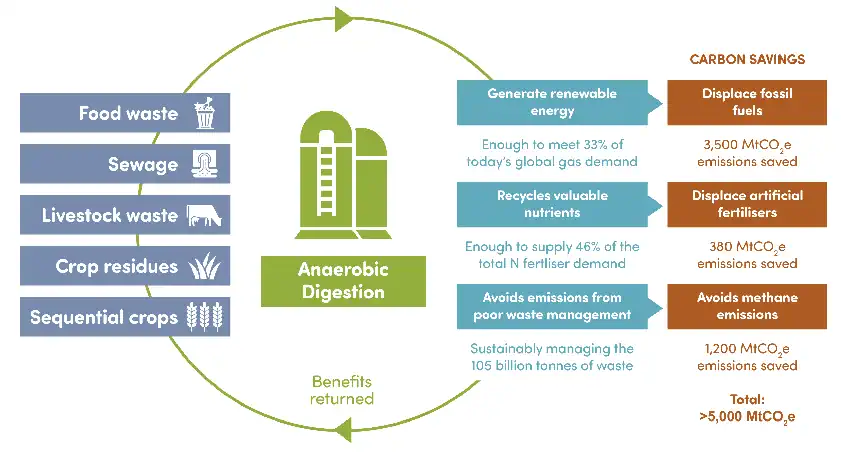
Fig. 2 – The Circular Nature of the biowaste industry
The health impact on populations, and especially women, of climate change and short-lived climate pollutants (SLCPs) such as methane and black carbon was vividly illustrated in keynote speeches by the Second Lady of Ghana, H.E. Hajia Samira Bawumia, and the Second Lady of the Republic of Kenya, Rachel Ruto. Among other speakers, Arnold Kipchumba of the Kenya SLCP project, shared the startling 2021 World Health Organisation statistic that “[each year ]4 million people die prematurely with SLCP-related illnesses and household air pollution“, with rural communities in Africa being particularly affected.
In his presentation, Alex Marshall, Director of Clarke Energy, showcased success stories from the biogas sector and highlighted that the company is already contributing to the avoidance of an estimated 17 to 20m tonnes of CH4 emissions globally every year.
In the concluding Q&A session and remarks, the discussion moved to the issue of creating a viable economic model for AD to fulfil its environmental potential.
Whilst the technological solutions have been identified, “we need to find the solution to paying for what needs to happen“, concluded the event's chair John Kioli, Chairman of the Kenya Climate Change Working Group. Not only is it all about methane, it is also all about finance.
Watch the full event recording
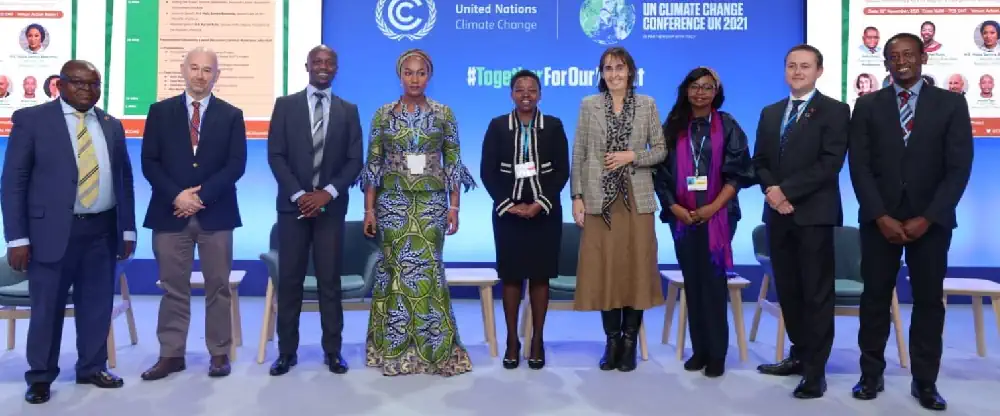
– ENDS –


